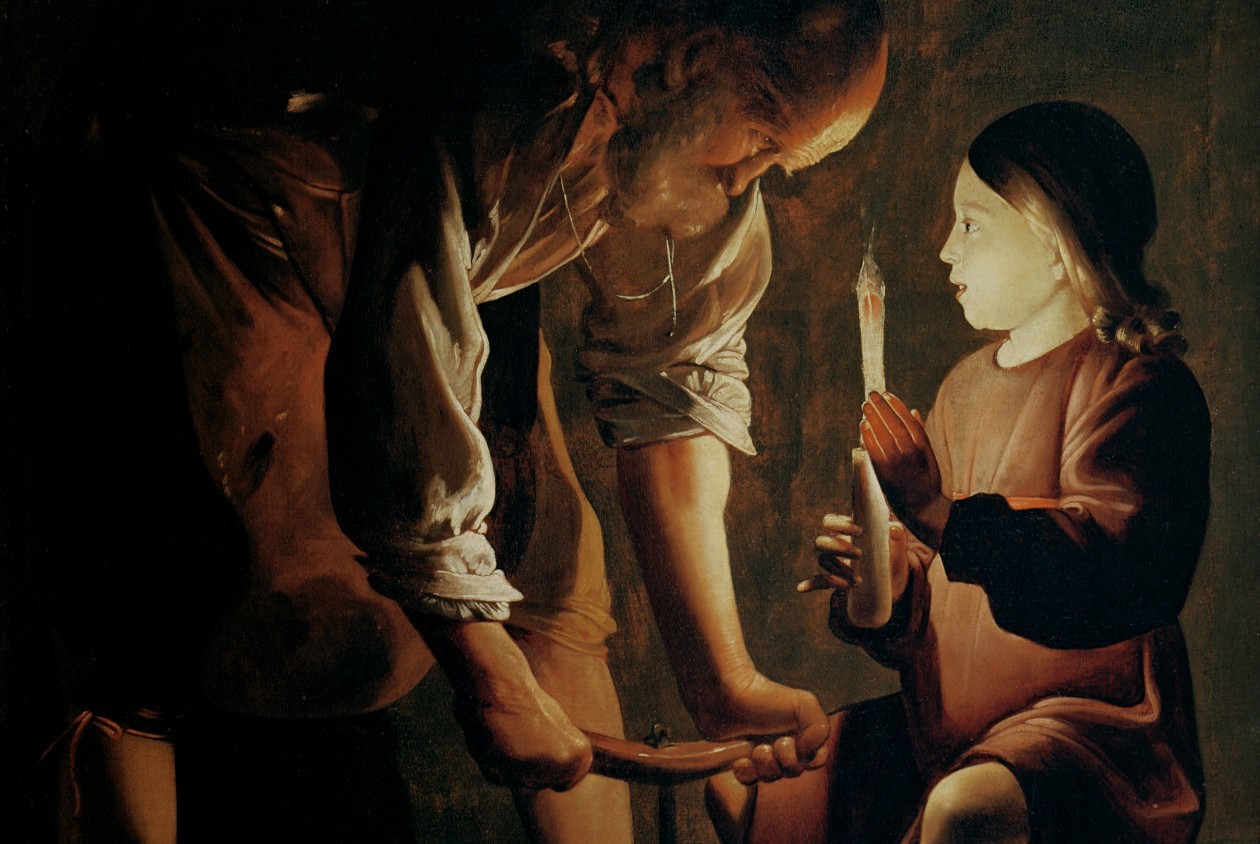God no one has seen ever yet; [the] only-begotten God the [one] being in the bosom of the Father he has made [him] known.– That is a direct word to word english translation of the greek text of John 1:18, which is helpful for people like myself, who do not read Greek.
The writer of John’s gospel calls the reader to believe in him- what is the main substance of that belief? It is to entrust oneself to the claim that Jesus is who he says he is. To be sure, he claimed to be God’s Anointed One- the Messiah, but few Jews of his time expected the Messiah anything other than a mere human being.
Most Christians of the modern era fail to gasp and the audacity of this claim, or to grasp how much ink and blood was spilled over it- we take it for granted as a point of doctrine. But the functional impact of this claim is that God is knowable in the most intimate way to humankind through his darling Son. What a comfort to know that the claims of Christ reflect the authority of God, his words are God’s very thoughts, feelings, and intentions, his pronouncement of forgiveness-the seal of God’s own forgiveness, the tears of Christ – God’s own anguish, the sympathy of Christ God’s own tenderness, the anger of Christ-God’s own indignation, the promise of Christ- God’s own guarantee, the blood of Christ-God’s own purification for sin, the resurrection of Christ- God’s own victory over death, breath of Christ, God’s own Spirit.
Now to set the record straight concerning William Barclay. It is said that he has suspicions about the Trinity. But here is a direct quote from his Daily Study Bible and I think it is clear at this time anyway, that he remains true to the text of John.
(i) Jesus is unique. The Greek word is monogenes (Greek #3439), which the King James Version translates only-begotten. It is true that that is what monogenes (Greek #3439) literally means; but long before this it had lost its purely physical sense, and had come to have two special meanings. It had come to mean unique and specially beloved. Obviously an only son has a unique place and a unique love in his father’s heart. So this word came to express uniqueness more than anything else. It is the conviction of the New Testament that there is no one like Jesus. He alone can bring God to men and bring men to God.
(ii) Jesus is God. Here we have the very same form of expression as we had in the first verse of the chapter. This does not mean that Jesus is identical with God; it does mean that in mind and character and being he is one with God. In this case it might be better if we thought of it as meaning that Jesus is divine. To see him is to see what God is.
[My comment: Keep in mind that in most places, when John uses the word God, he refers to the Father. Athanasian Trinitarianism holds that the Son is not identical with the Father, but he is one with the Father in being.]
(iii) Jesus is in the bosom of the Father. To be in the bosom of someone is the Hebrew phrase which expresses the deepest intimacy possible in human life. It is used of mother and child; it is used of husband and wife; a man speaks of the wife of his bosom (Numbers 11:12; Deuteronomy 13:6); it is used of two friends who are in complete communion with one another. When John uses this phrase about Jesus, he means that between Jesus and God there is complete and uninterrupted intimacy. It is because Jesus is so intimate with God, that he is one with God and can reveal him to men.
In Jesus Christ the distant, unknowable, invisible, unreachable God has come to men; and God can never be a stranger to us again.
“No one has ever seen God; the only God,e who is at the Father’s side,f he has made him known.” -ESV
